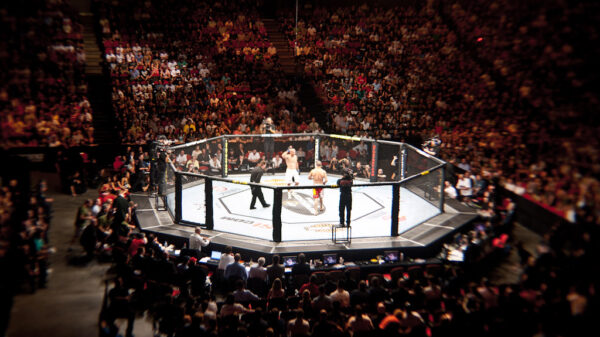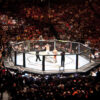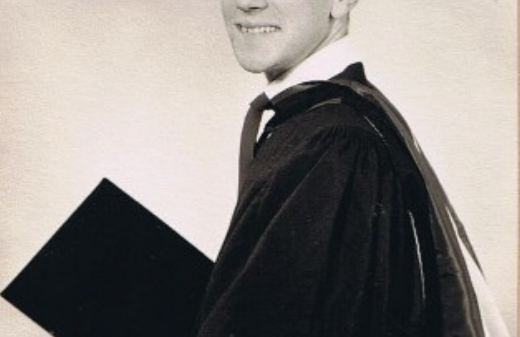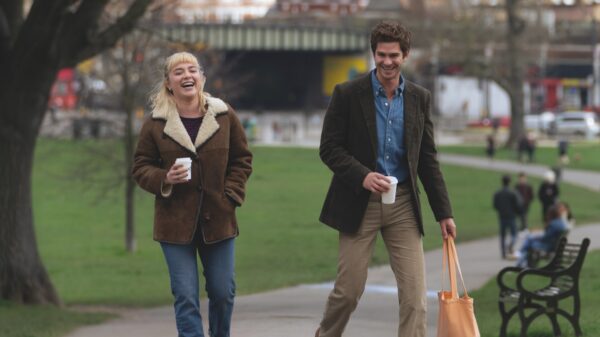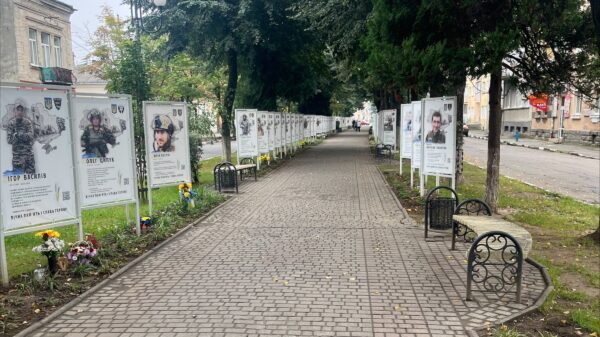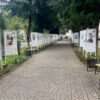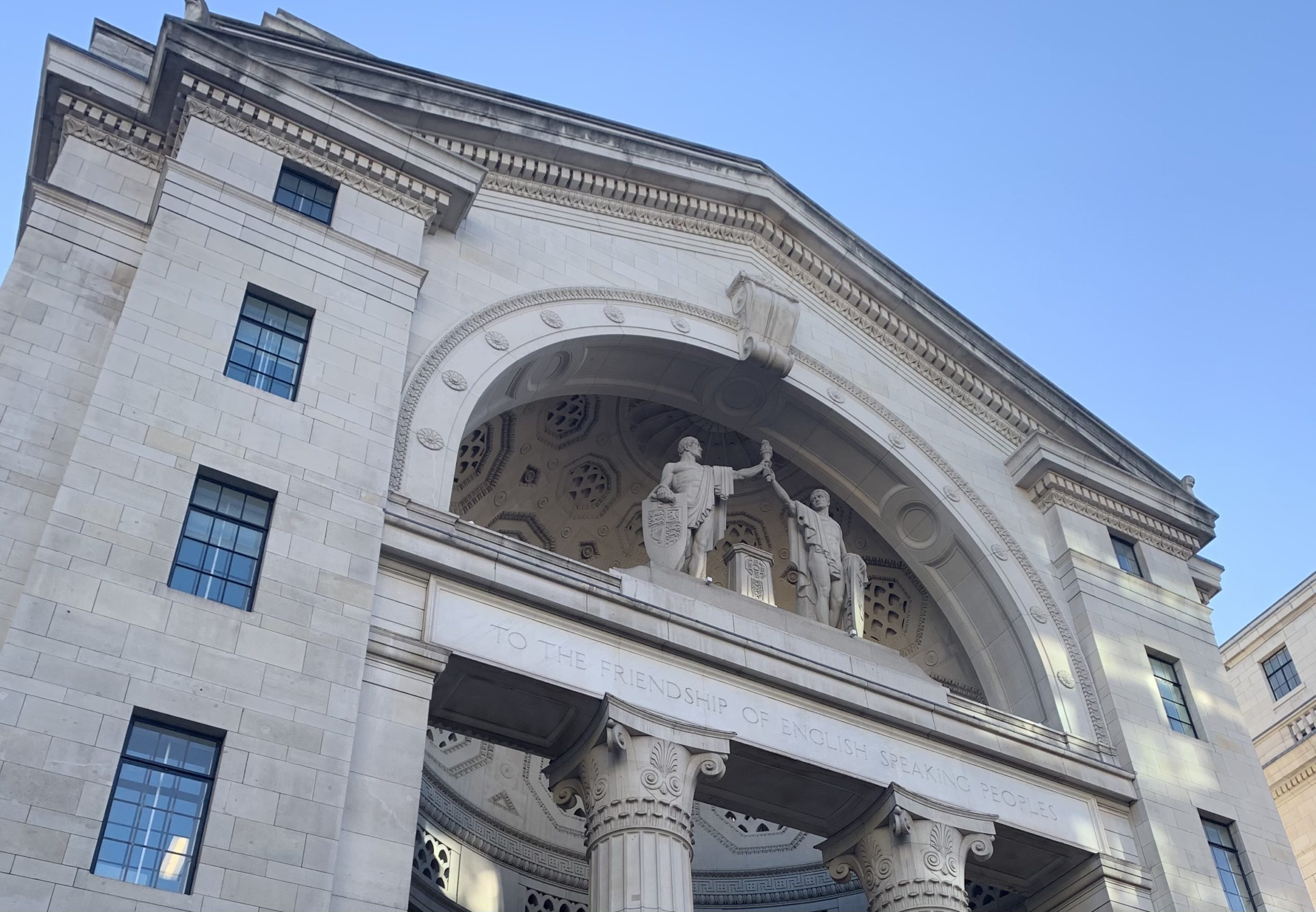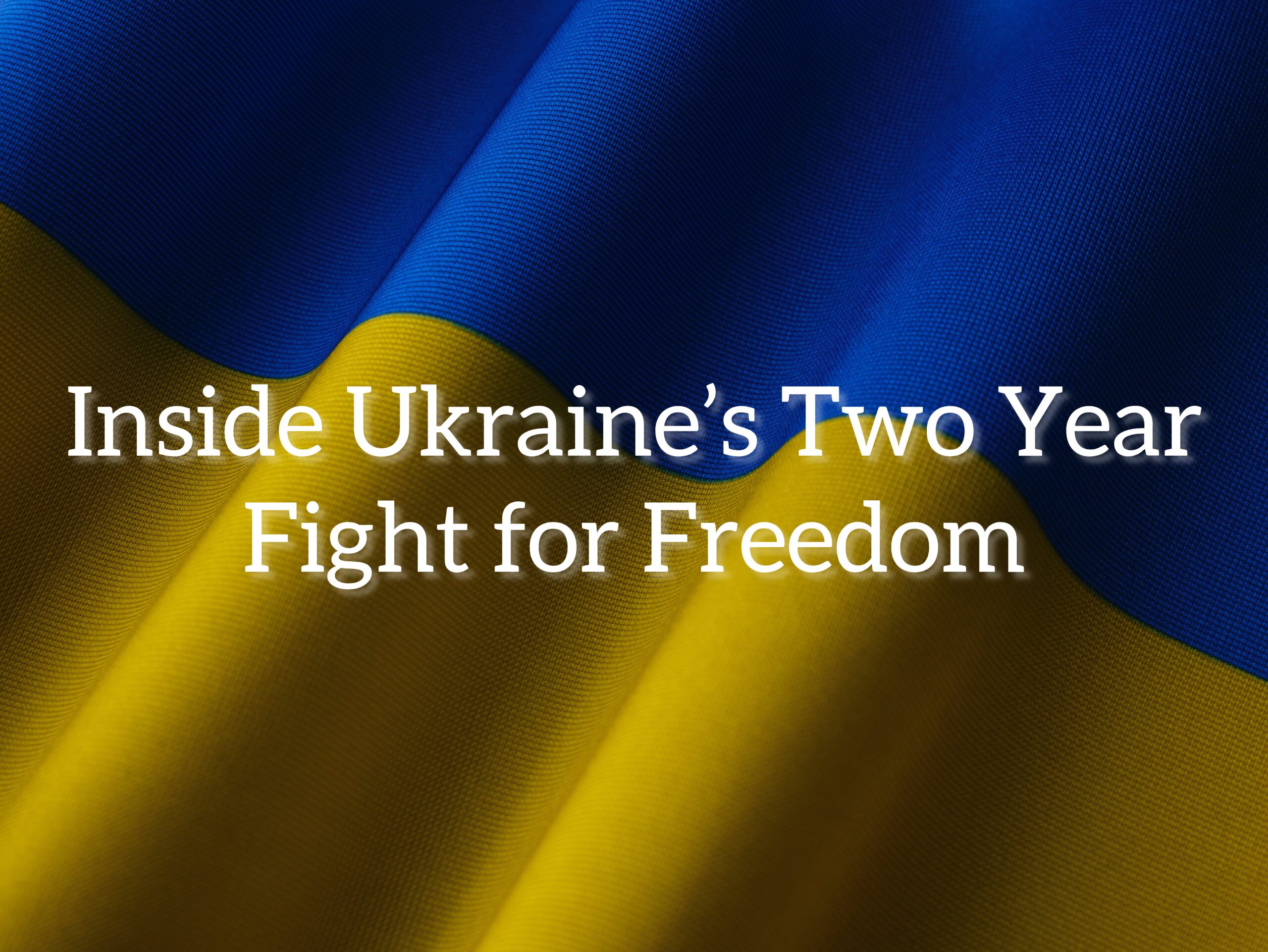Guest Writer Finlay Baker looks back on his visit to Lviv, Ukraine over the summer, examining the resilience of Lviv amidst Russia’s escalating attacks. He reflects on the human cost of the conflict and stresses the critical need for continued Euro-Atlantic support in defending Ukraine’s sovereignty.
In the early hours of 4 September, Russian hypersonic missiles struck Lviv, the largest city in Western Ukraine, killing seven civilians. As Vladimir Putin’s botched advance in the East has ground down into a quagmire, Lviv Oblast has been increasingly exposed to the horrors of the Russian war machine. Russia’s use of indiscriminate shelling in western Ukraine degrades the capacity for its cities to act as sanctuaries for internal refugees and seeks to catalyse the psychological submission of the Ukrainian population through indiscriminate acts of terror. Despite such an acute threat, my travels to Lviv revealed a defiant population, fully aware of the present situation yet obstinate in their refusal to cower to Russian aggression.
Upon disembarking at Lviv-Holovnyi railway station, the realities of war were made immediately apparent. Soldiers boarded trains heading for the front, whilst loved ones attempted to veil their anguish. It was here that I spoke to Oleksandr, 32, who had just returned home having spent almost two years defending Kharkiv Oblast.
Mistakenly identifying us as Ukrainian nationals, Oleksandr strongly advised against travelling to fight in the East. He recalled the difficulties of confronting a Russian army with numerical superiority in both manpower and munitions, before brandishing his mutilated hand as if to reinforce the severity of his warning. Having informed Oleksandr of my British citizenship, he implored me to raise the issue of arming Ukraine in the UK. In his opinion, Ukraine’s capacity to resist Russian advances is beholden to the technological superiority of equipment being supplied by the West. The conversation then turned to the upcoming US presidential election. The fear of a Trumpian isolationist foreign policy was palpable. However, Oleksandr optimistically reconciled the Trump-induced anxiety with his belief in the willingness of Ukraine’s European allies to remain resolute in their support for his nation.
All Quiet on the Western Front?
In defiance of the Russian threat, Lviv’s Old Town presented itself as a city striving for a sense of normality. The coffee shops lining Market Square hummed with the chatter of friends, while college students plastered the streets with posters detailing an upcoming heavy metal concert. Retail outlets remained fully operational with minimal signs of supply shortages. Mykhailo, a retired local, told me that the residents of Lviv had no option but to continue as usual, suggesting that to run would be tantamount to capitulating to Putin’s psychological war of terror. When questioned on a potential resolution to the conflict, Mykhailo criticised “recklessly nationalistic” elements within the Ukrainian political sphere and stressed the integral role of diplomacy in bringing about peace. He then caveated this position by arguing that it would only be possible to negotiate with the Russians from a position of strength and that is why the ongoing Kursk incursion is of such importance.
Lviv’s façade of normality is constantly challenged by the pervasive evidence of the ongoing conflict throughout the city. Memorials commemorating the fallen act as a constant reminder of the human costs of war, whilst the architectural mutilation inflicted on September 4 was still visible at the time of my visit. Any illusion of normality is then definitively shattered when night falls. As the wail of the city’s air defence system radiated throughout the night, I observed the family hosting me nonchalantly settle down in the cellar, patiently waiting for the peace afforded by daybreak. I was told that since the summer, the sirens have become a regular feature of life in western Ukraine, with an average of three alerts a week.
Solomiia, a 23-year-old student from Lviv, was acutely aware of the threat, articulating her fear that western Ukraine could come under increased fire as a punitive measure in response to the incursion into the Kursk region. She spoke reluctantly of plans to find employment abroad in case the security situation deteriorated. Solomiia’s sentiments encapsulate the impossible dilemma faced by many young Ukrainians seeking reconciling attachment to their homeland with pragmatic concerns for their personal safety.
As I boarded a train bound for Poland the war once again assumed a distinctively human quality. Women and children filled the carriage, leaving behind their loved ones as they sought refuge in the European Union. These scenes immediately evoked questions pertaining to the role of the West in the ongoing conflict. As the subject of Euro-Atlantic support for Ukraine becomes increasingly polarised, it is vital that we strive to cut through the isolationist vitriol of Trump, Orban and the like, and remain resolute in our commitment to the defence of the territorial integrity of Ukraine.
As my trip to Lviv demonstrates, the horrors of the Russian war machine are no longer confined to the frontlines of the East. As winter approaches, Russian attacks on energy and civilian infrastructure in western Ukraine will continue, as Putin seeks to erode the resolve of the Ukrainian people. We must not let this happen. The Euro-Atlantic alliance must remain resolute in providing material support for the Ukrainian resistance and we, as citizens of the Western world, must enact the democratic principles we so readily espouse and support for the fight of Ukrainian democracy over Putinist tyranny.
Слава Україні!
Slava Ukraini!



